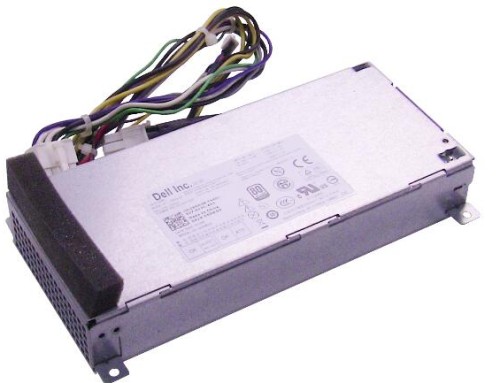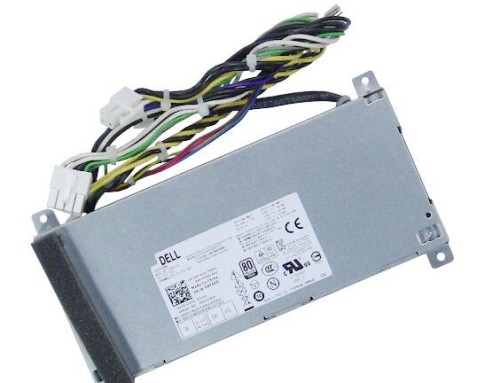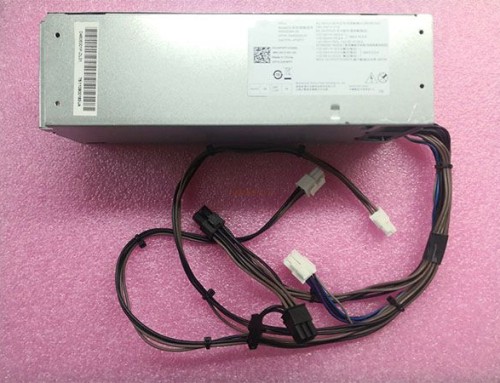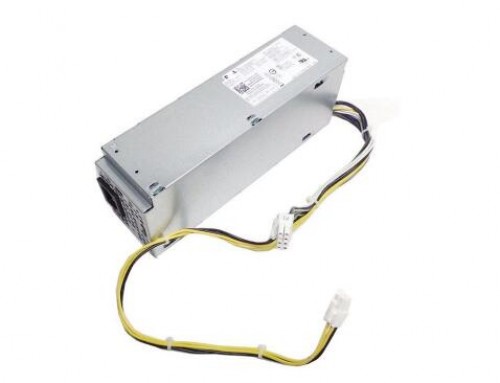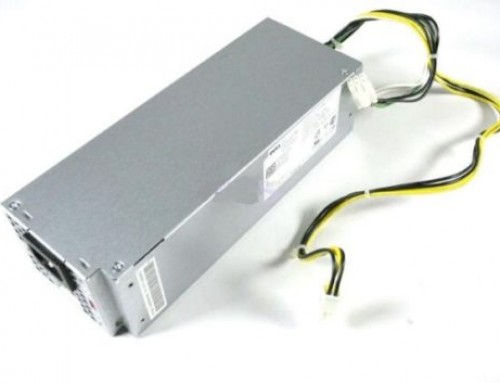There are many myths and a lot of confusion related to Computer Power Supply efficiency. The work of a power supply is to convert the AC electricity from the wall socket to into DC power that it then feeds to the computer components. Power supply efficiency simply refers to how well the computer power supply unit can convert the AC electricity into DC power.
Now that you know what a power supply does and what power supply efficiency means, we can now go ahead and solve some of the most common myths surrounding power supplies efficiency.
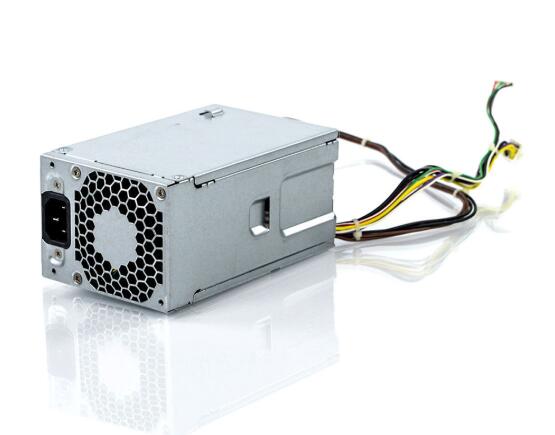
HP 800 G2 SFF Power Supply 796350-001 796420-001 DPS-200PB-198 A
- An 80 PLUS was meant for the individual consumers.
Of course, an 80 PLUS rated power supply unit is definitely more efficient. Actually, using an 80+ rated unit will save you a significant amount of money in the long term. However, contrary to what most people believe, 80+ was not meant to save a lot of money on the level of consumer. Actually, it 80+ has much larger and more important effects on industrial and corporate level. If you calculate the amount of energy in form of watts that an 80+ rated unit will save you if you are using just one small machine, and you compare that with a company that has more than 1000 computers, you will realize that the wattage you will be saving is not even comparable to what the company saves. The company will save a huge amount of energy and electricity bill.
- An oversized computer power supply unit consumes relatively more power at idle as compared to a smaller power supply because power supplies are generally less efficient at high loads and high loads.
Yes, a power supply is basically less efficient at the low load. Actually, if you plot a power supply’s efficiency over different loads, you will get a curve. But if you take a close look at the graph from the 0 to 100 percent efficiency, you will discover that there is a flat line between 10 percent and 100 percent for most 80+ rated units.
- The power factor correction (PFC) present in a computer power supply unit affects its efficiency.
There are generally two types of power factor correction, Passive and Active. As compared to Passive PFC, which uses a big coil, Active factor correction accomplishes its job more efficiently using electronics. But being active means that it consumes more power and this hurts efficiency in one way or another. However, an Active PFC usually boosts the voltage up inside a power supply unit to a higher level as compared to a Passive PFC.
